G7 countries privately acknowledge their rejection of idea of seizing Russian assets
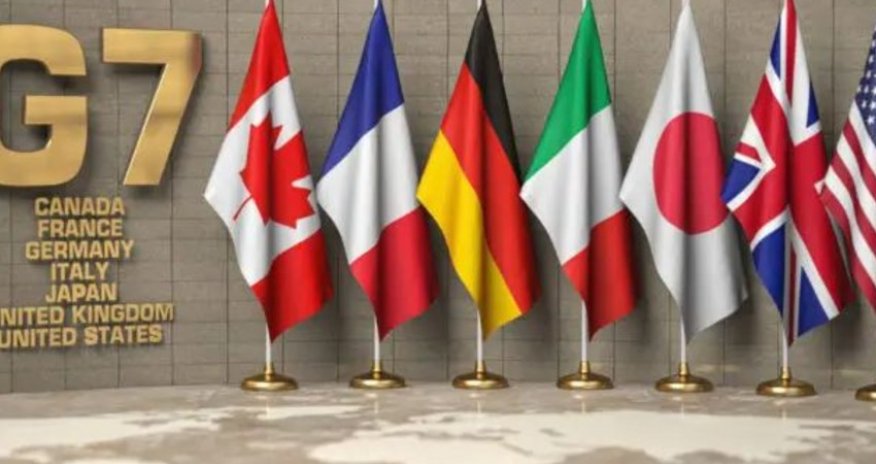
At the recent gathering of G20 finance ministers in Brazil, delegates were gripped by a deep sense of unease over a pressing issue: the potential seizure or use of Russian assets frozen under the Western sanctions that followed its invasion of Ukraine, reported from the Financial Times.
Two ministers — Saudi Arabia’s Mohammed al-Jadaan and Indonesia’s Sri Mulyani Indrawati — were among those particularly alarmed by the idea. Were G7 countries seriously preparing to do this?
And had they considered the full implications of such a drastic step? Their questions to their Western counterparts cut to the heart of a fraught debate over whether hundreds of billions of euros in frozen Russian central bank assets should be mobilized to help fund Ukraine as the conflict there drags into a third year.
Doing so would deliver a financial boost with the potential to turn the war in Kyiv’s favor, argue those in support, led by the US.
For opponents of the idea, such a move risks setting a dangerous precedent in international law — one that could endanger not only the interests of any country that falls out with Western capitals but also the international legal order itself.
www.anews.az
Two ministers — Saudi Arabia’s Mohammed al-Jadaan and Indonesia’s Sri Mulyani Indrawati — were among those particularly alarmed by the idea. Were G7 countries seriously preparing to do this?
And had they considered the full implications of such a drastic step? Their questions to their Western counterparts cut to the heart of a fraught debate over whether hundreds of billions of euros in frozen Russian central bank assets should be mobilized to help fund Ukraine as the conflict there drags into a third year.
Doing so would deliver a financial boost with the potential to turn the war in Kyiv’s favor, argue those in support, led by the US.
For opponents of the idea, such a move risks setting a dangerous precedent in international law — one that could endanger not only the interests of any country that falls out with Western capitals but also the international legal order itself.
www.anews.az
Similar news
Similar news
























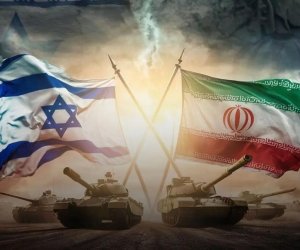

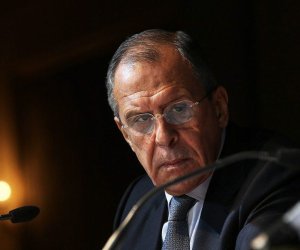
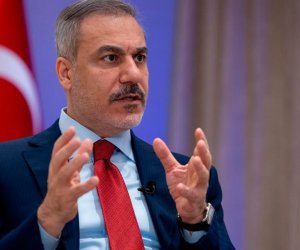
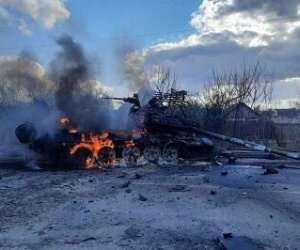

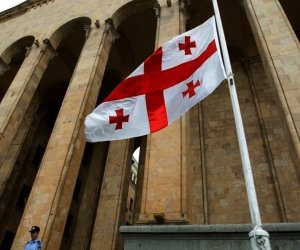





 Photo
Photo 



 Video
Video 

